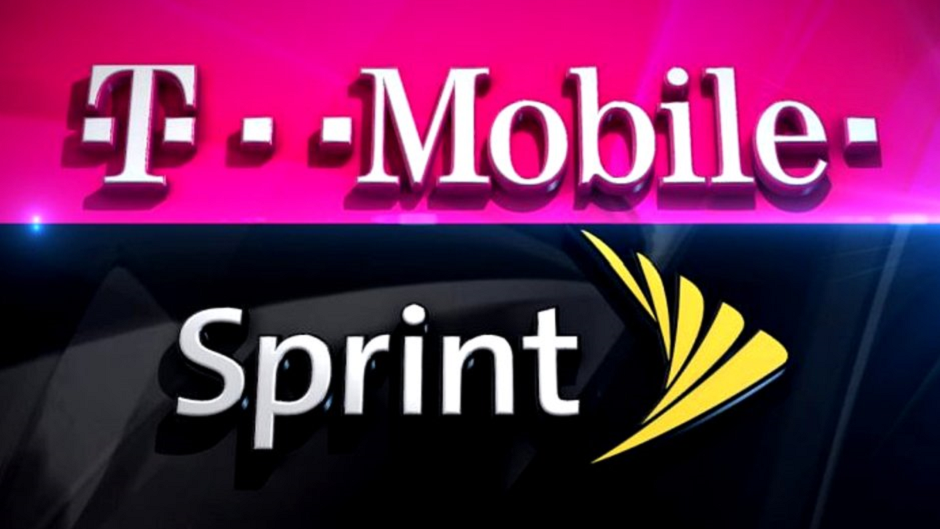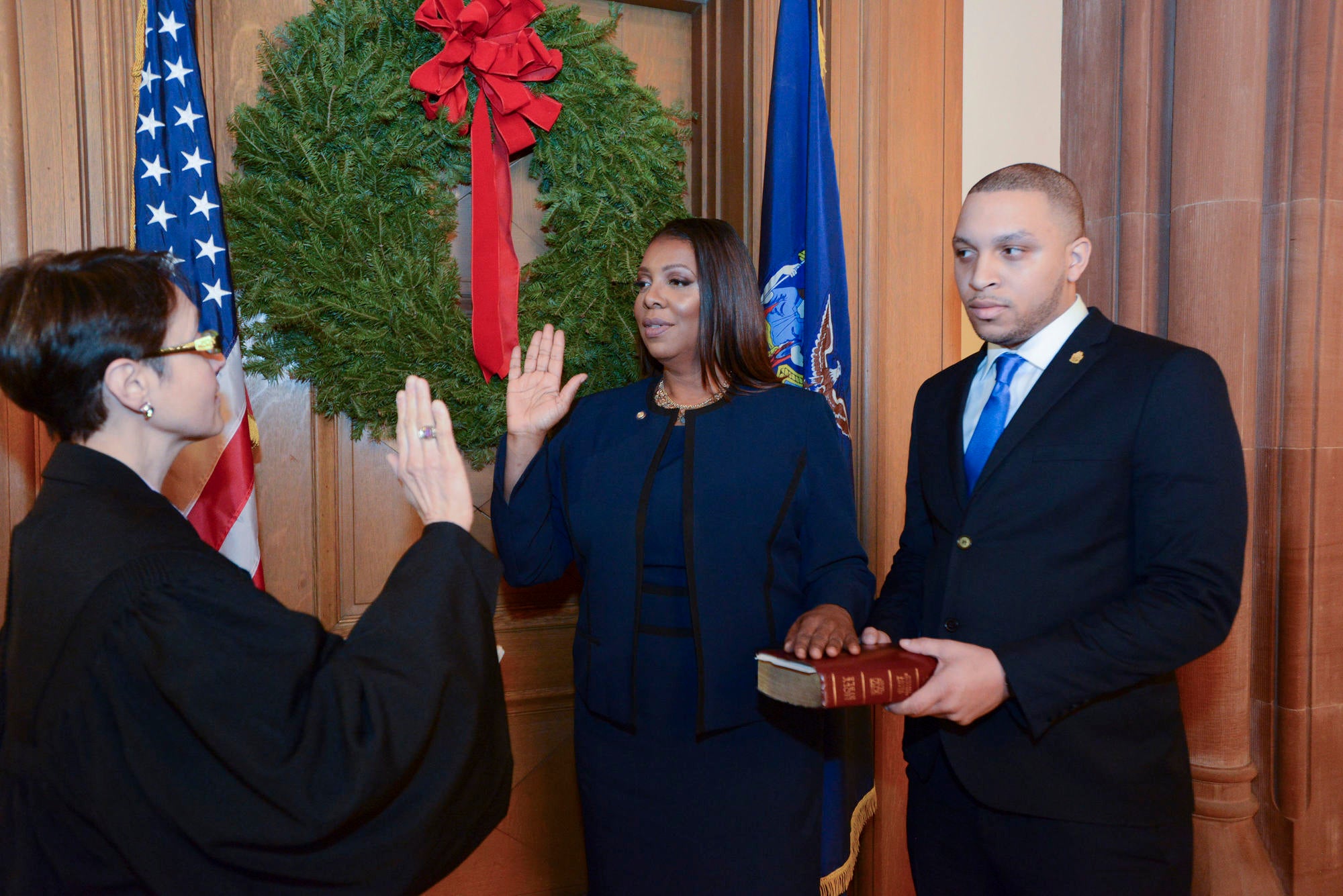Court filing by 13 state attorneys general calls T-Mobile-Sprint merger "illegal"

New York Attorney General Letitia James and California Attorney General Xavier Becerra are leading the 13 state attorneys general still left in a lawsuit that seeks to block the $26.5 billion T-Mobile-Sprint merger. T-Mobile has settled with a few states and just the other day it reached an agreement with the AGs of Texas and Nevada. According to CNET, a 30-page document was submitted to the court yesterday by the state attorneys general; in the filing, the plaintiffs claim that reducing the number of major U.S. carriers from four to three is "under well-established law, presumptively illegal."
The plaintiffs' argument is that the merger will reduce competition for consumers and lead to higher prices. That is because if the deal closes, the number of major U.S. wireless operators will decline by 25% from four to three. They fear that Verizon, AT&T, and the combined T-Mobile-Sprint will work together to raise prices. However, T-Mobile, as part of its deal with the FCC, has already agreed to freeze prices for three years following the merger. And earlier this month, T-Mobile president Mike Sievert and CEO John Legere made it clear that when it comes to 5G service, the carrier will compete on price.
The filing also mentions that the competition between T-Mobile and Sprint, which will disappear once the merger closes, has been partly responsible for many of the benefits that consumers have enjoyed. The document says, "Competition between these four rivals, and especially between Sprint and T-Mobile, has resulted in enormous benefits for consumers, including lower prices and innovative features like no-contract plans and unlimited data plans. Unsurprisingly, this 'four to three' merger would dramatically increase market concentration in an already highly concentrated industry." We should point out that the majority of innovations in the industry, including the two mentioned in the filing, were initiated by T-Mobile. And the competition between T-Mobile, Verizon, and AT&T will only intensify if the merger closes.
The state attorneys general say that the deal with Dish Network is too risky
What the plaintiffs fail to realize is that Sprint has not been a real threat to the other three carriers in the U.S. for some time now. T-Mobile isn't interested in Sprint for its operations but wants Sprint's holdings of 2.5GHz mid-band spectrum to help it boost its 5G network. On December 6th, T-Mobile will launch the first nationwide 5G network in the U.S. made up of its 600MHz low-band spectrum and its ultra-high mmWave airwaves. Adding Sprint's mid-band spectrum will help T-Mobile expand its 5G service in rural and low-income parts of the country. 5G is the next generation of wireless connectivity and the faster download data speeds should help create new services and industries that will drive an economic boom in countries that are first to take advantage of its potential.

New York Attorney General Letitia James says that she has no plans to settle with T-Mobile
Even though Sprint would go away if the merger is approved, the plan is for it to eventually be replaced by Dish Network. As soon as the merger agreement is signed, the satellite-based television content provider will spend $5 billion to purchase Sprint's prepaid businesses including Boost and Virgin Mobile. It also will buy 14MHz of Sprint's 800MHz spectrum and sign a seven-year MVNO deal with T-Mobile. That agreement will allow Dish to sell cellular service to consumers under its own name while building out its own standalone 5G network. In addition, the company will receive the keys to over 7,500 stores and keep on 400 employees. Right off the bat, it will take control of 9.3 million customers in all 50 states and Puerto Rico.
The deal with Dish Network doesn't seem to impress the 13 state attorneys general that are still part of the lawsuit. The plaintiffs say that the deal is too risky because Dish has never operated a wireless network before. "The court should not permit defendants to proceed with an anticompetitive merger based on the hope that Dish will one day grow into a viable wireless company equal to a competitor that already exists today," said the state attorneys general. "If that hope proves unfounded, the cost of failure will not be borne by Defendants -- who would stand to benefit from that failure -- but by consumers who will be left with less competition and higher prices."
The trial will begin on December 9th, a week from this coming Monday.
Follow us on Google News













Things that are NOT allowed:
To help keep our community safe and free from spam, we apply temporary limits to newly created accounts: